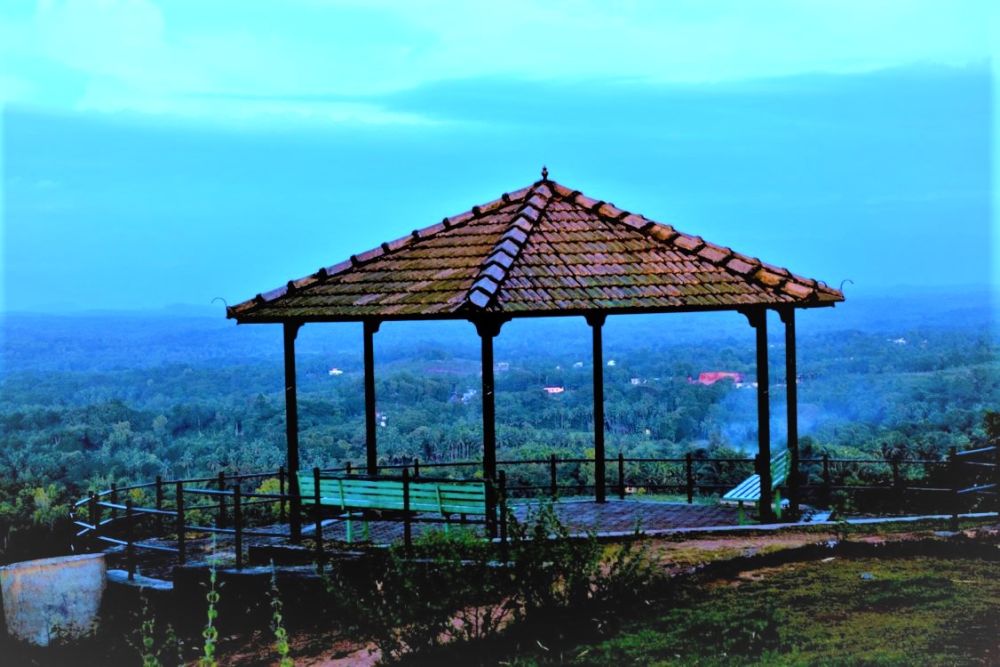

The picturesque city of Udupi in Karnataka, India, has always been a hub for cultural and religious tourism, prominently known for the famous Krishna Temple. However, amongst the serene natural spots that have risen to prominence, the Manipal End Point Park is one of the newer attractions that have seen a gradual increase in visitors.
Traditionally, Udupi's tourism has been deeply connected to its temples and local cuisine, with the natural beauty of the region often taking a backseat. This started to change with the establishment of the Manipal Academy of Higher Education (MAHE), formerly known as Manipal University.
As the institution garnered international recognition, the area of Manipal began to see a diverse influx of students, academicians, and researchers. With this cosmopolitan crowd, the demand for leisure activities and natural retreats within the vicinity increased.
Manipal End Point Park, initially a simple cliff overlooking the Swarna River, was developed into a well-maintained park to cater to the recreational needs of students and residents. Over time, features like walking and jogging tracks, benches, and viewpoints were added, transforming it into a well-liked destination for both locals and tourists.
Today, the park is not just visited for its natural charm and panoramic views but also for activities like bird watching and photography. The establishment of a small yet engaging End Point Park Museum, which showcases the flora and fauna of the region, has further increased the spot's appeal.
The latest trend that has been shaping tourism in Manipal, and at End Point Park specifically, has been the growing interest in eco-tourism and sustainable practices. Visitors are drawn to the low-impact recreational activities and the chance to enjoy the natural environment without contributing to pollution or degradation.
There is a consensus that to maintain the allure of destinations like Manipal End Point Park, sustainable tourism development is crucial. Authorities are therefore focusing on managing visitor numbers, promoting off-peak tourism, and developing infrastructure that does not harm the delicate ecosystem.
In summary, Manipal End Point Park in Udupi epitomizes the evolving nature of tourism in Karnataka, shaped by the interplay of cultural heritage, academic influx, and a growing consciousness towards sustainability. It stands as a testament to the changing attitudes towards travel and the environment, offering visitors not just natural beauty but also a chance to partake in responsible tourism.